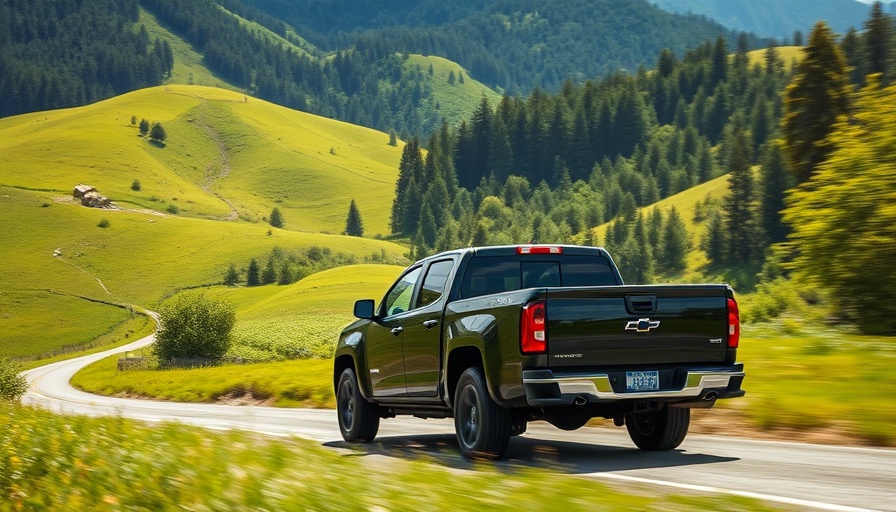
The Tariff Impact: A New Chapter for U.S. Auto Industry
President Donald Trump's recent decision to impose hefty tariffs on automobile imports from Canada and Mexico marks a significant shift in trade policy that could dramatically reshape the U.S. auto industry. Under the new policy, vehicles imported from these neighboring countries will face a 25% tariff, along with a 10% tariff on imports from China. The administration aims to address issues related to illegal immigration and fentanyl trafficking, yet the ripple effects on the auto industry are stirring concern among manufacturers, dealers, and consumers alike.
Detroit in the Crosshairs: Economic Ramifications
As the heartbeat of the U.S. auto manufacturing sector, Detroit stands to experience some of the most profound effects from these tariffs. The Detroit Regional Chamber, alongside MichAuto, underscored that these tariffs could disrupt the delicate balance of the local economy. Glenn Stevens Jr., the executive director of MichAuto, warned that the tariffs might negatively affect job stability, particularly as Michigan’s economy heavily relies on automotive manufacturing.
"The consumer will ultimately bear the cost, from showroom prices to everyday goods," said Stevens. With the auto market heavily integrated across North America, leaders believe that revisiting trade agreements like the United States-Mexico-Canada Agreement (USMCA) could serve as a more effective solution.
Labor Voices: Protecting Jobs vs. Political Maneuvers
United Auto Workers (UAW) President Shawn Fain expressed a thoughtful perspective on these tariffs, aligning with the broader sentiment of protecting American jobs while opposing the use of workers as tools for political ends. He stated, "The UAW supports aggressive tariff action to protect American manufacturing jobs, but we do not support using factory workers as pawns in a fight over immigration or drug policy." Fain emphasizes the importance of a strategic approach that includes renegotiating trade deals to strengthen labor protections while ensuring job security.
Automaker Fallout: Who Will Feel the Pinch?
Almost every major automaker with operations in Canada and Mexico faces upheaval from these tariffs. Companies like BMW, producing models in San Luis Potosí, Mexico, could see production costs rise substantially. This impacts not just corporate earnings, but the financial well-being of the workers involved. As BMW prepares to launch its all-electric Neue Klasse models by 2027, how they navigate these tariffs will be critically watched.
Looking Ahead: Navigating Change in the Auto Sector
The evolving landscape of tariffs presents both challenges and opportunities for the U.S. auto sector. Manufacturers, dealers, and consumers must adapt to the shifting economic climate that comes with escalating production costs and potential shortages. The necessity for collaboration and strategic planning among stakeholders is essential to mitigate the adverse effects of these trade policies on both jobs and prices in the auto market.
 Add Row
Add Row  Add
Add 




Write A Comment